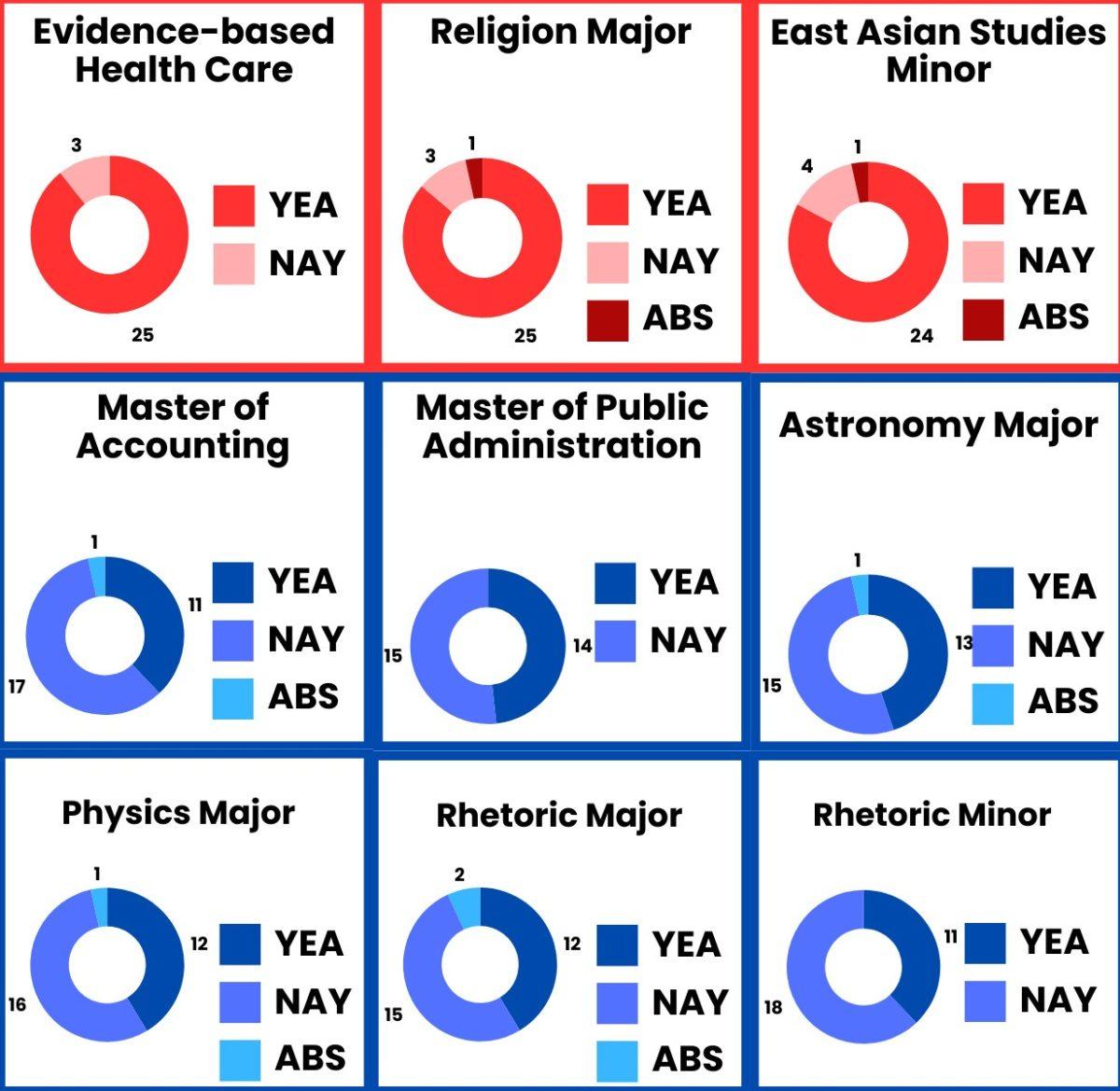Griffith is a first-year magazines major and can be contacted at [email protected].
There’s one thing I have always known for certain: words are powerful. I can question everything to whether or not God exists, the validity of our judicial system and the general goodness of humankind. But one thing I’ve never questioned is the power words hold.
As a journalist and writer, I’ve learned to never underestimate the power of the written word. Words can change how you think, feel or look at the world. Recently, while mindlessly looking through Pinterest, I came across some words that had a powerful effect on me and that I would hope spark a reaction with others:
“Don’t judge me just because I sin differently than you.” — Dieter F. Uchtdorf.
The quote is framed with a white background and the words printed white on teal paper, with a leaf drawn on for effect. Go pin it.
My reaction can mostly be attributed to that specific moment, on that particular day, but it was exactly what I wanted to read while scanning Pinterest to take my mind off things that had happened concerning the idea of judgment.
I don’t know if there’s a god that will be the ultimate judge of me, and I’m not here to debate that. Since middle school, religion and I have pretty much parted ways. The idea of being called a “sinner” and the damnation generally associated with it never bothered me.
Everyone expresses his or her spirituality, or lack thereof, differently. I respect that 100 percent. But that means I expect others to accept the fact that whoever I choose to make peace with at the end of the day is up to me.
This particular quote struck me because Uchtdorf is not referring to us as sinners in relation to a higher being, like God, but rather relates our sins to each other. I mean, we’re all sinners, aren’t we?
Just as I am certain that no flaw-free person exists, I am equally as certain that no sin-free person exists, either. Call it what you want — sins, flaws, imperfections, transgressions — every single person on this earth does it.
Without question, some people sin more often than others. Some sins weigh greater on the conscience and on society, but others simply break norms and make society uncomfortable. In many countries, being an open homosexual is not only considered sinful by society, but also illegal and can warrant imprisonment. Just because a select group defines something, like a lifestyle, as a “sin” does not always make it so.
No matter what environment you find yourself in, you will face the judgment of others. It can range from something as minute as your shoe choice to something as important as your nationality. Then there’s a lot of stuff in between that Drake students, myself included, make observations and subsequent judgments about: whether or not you drink, smoke, have sex, have bad grades, what clubs you’re in, what sorority or fraternity you’re in, etc. Are you the girl that people like to say sleeps around? Or are you the guy who’s always in the security reports?
The day I read Uchtdorf’s quote happened to be on a day where I wanted to throw my hands up in the air and shout “Stop judging me! What right do you have to judge me?” It can be a bit much sometimes. But the world does not have the right to make me feel like a bad person for not completely fitting into the expected norm.
Words are powerful. And since that day, Uchtdorf’s words have given me the power to look back into the face of those who judge me and remind myself that no one is free from sin. So I might as well sin the way I want while I’m here.






